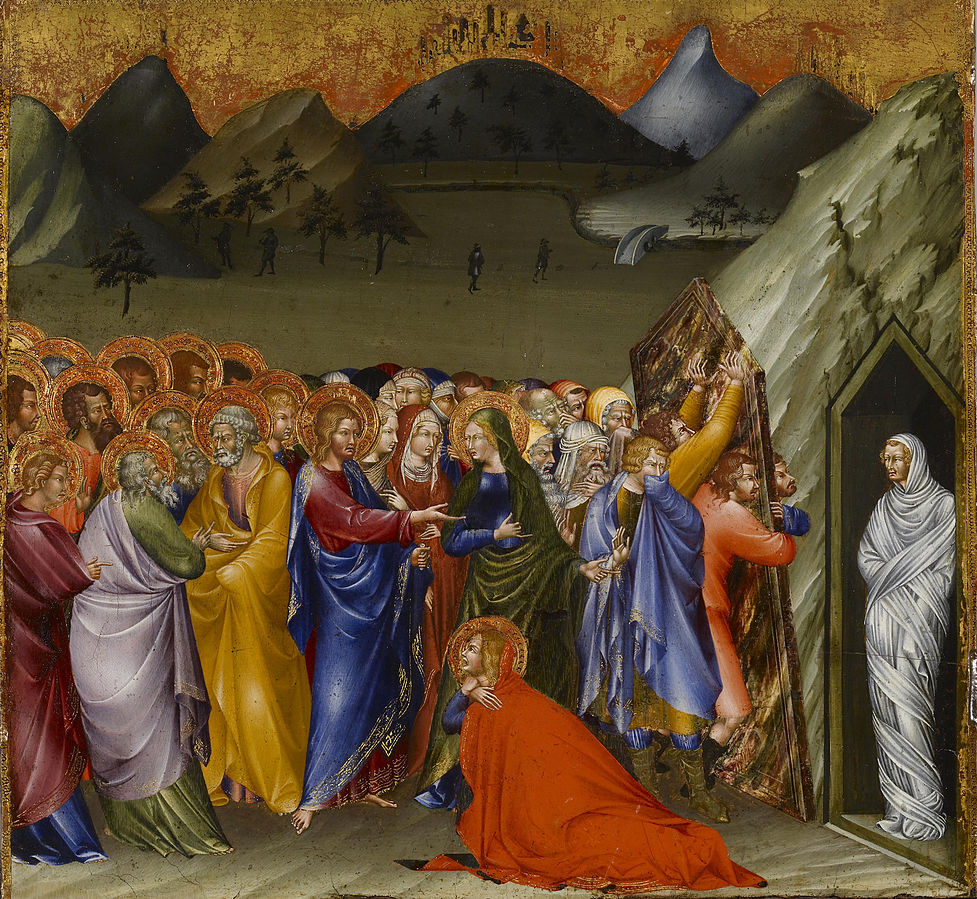
Part 1: Introduction | Part 2: “Prepare Ye the Way” | Part 3: “I Have Seen the LORD” | Part 4: “Call upon the Name of the LORD”
Our fourth example of a YHWH / Jesus pair of passages is interesting on several levels; there are at least two other significant interpretational issues in the OT citation. But first to the issue at hand.
Paul discusses spiritual gifts in the church in several places in his letters: Romans 12.4-8; 1Co 12.4-11 and 27-31; and finally Ephesians 4.7-16. I’ve written on those passages before.
Paul begins his final discussion by speaking of the church as the body of Christ (Ep 4.4), as he has in his earlier discussions. In Romans 12 and 1Corinthians 12 he emphasizes the diversity of function of the body’s parts, but the unity of the body itself. Here he emphasizes the benefit to the body when all its members perform their diverse functions as they should. He begins with a citation from the Old Testament that speaks of gift-giving (Ps 68.15-21).
The Psalmist is writing a hymn of praise and thanksgiving to God. This brief paragraph uses a broad range of God’s most common names: God (Elohim), Psalm 68.15, 16, 17, 18, 19, 20 (2x), 21; Lord (Adonai), Psalm 68.17, 19, 20; and, significantly, LORD (YHWH), Psalm 68.16, 18, 20 (there translated “GOD”).
There is no doubt who is being discussed—and addressed—in this passage. And Paul selects just the first part of one verse, verse 18, from the middle of the paragraph:
When he ascended up on high, he led captivity captive, and gave gifts unto men (Ep 4.8).
Who ascended up on high? Well, Jesus, of course. And the man Jesus, who, after physically living and dying and being resurrected, ascended in a physical body from earth to heaven, is, in Paul’s thinking, the one being addressed in the Psalmist’s paragraph. Elohim. Adonai. YHWH.
Unless Paul is mistaken—and he’s not—Jesus is YHWH.
As I noted earlier, there are two—or more—other significant interpretational issues in this passage. The first is one you may have noticed in the citation above. Paul changes the verb, and thus the direction of giving, in the key verse. The Psalmist says God “received gifts for men”; Paul says he “gave gifts to men.” Can Paul do that? Is that a mistake?
The history of the interpretation of both Psalm 68 and Paul’s citation of it here is … complex, to say the least. Of several proposed explanations for the “inaccurate quotation,” I prefer the simple idea that Paul changed the wording intentionally to fit his theme. He does that elsewhere, as when he famously alters Habakkuk 2.4 in Galatians 3.11 and Romans 1.17, and when he alters Deuteronomy 30.12-14 in Romans 10.6-8.
Can he do that? Isn’t that dishonest?
I don’t think so, for the simple reason that Paul is inspired by the Spirit of God, who inspired the earlier texts and, as the original author, is free to modify his earlier wording for any purpose he wishes. In a similar case, Jesus himself changed the wording of Deuteronomy 6.4-5, the “Shema,” or, as he labels it, the “Greatest Commandment,” by adding a fourth descriptor, “and with all thy mind” (Mk 12.30) to the three originally included.
The second issue is in the verse that follows in Paul’s letter. Paul writes that the Christ who ascended also “descended first into the lower parts of the earth”—and that phrase has caused all sorts of discussion throughout church history. It’s the basis for the idea that while his body was in the tomb, Christ “descended into hell.” The line even occurs in the Apostles’ Creed.
Because this is such a significant idea—and because I think it’s both biblically and theologically unfounded—I’m going to take the next post to look at it more closely.
Part 6: Excursus: Descent into Hell | Part 7: “The LORD Will Come in Fire” | Part 8: “Let All the Angels of God Worship Him” | Part 9: “Your Years Shall Not Fail” | Part 10: Other Possibilities
Photo by Aaron Burden on Unsplash




